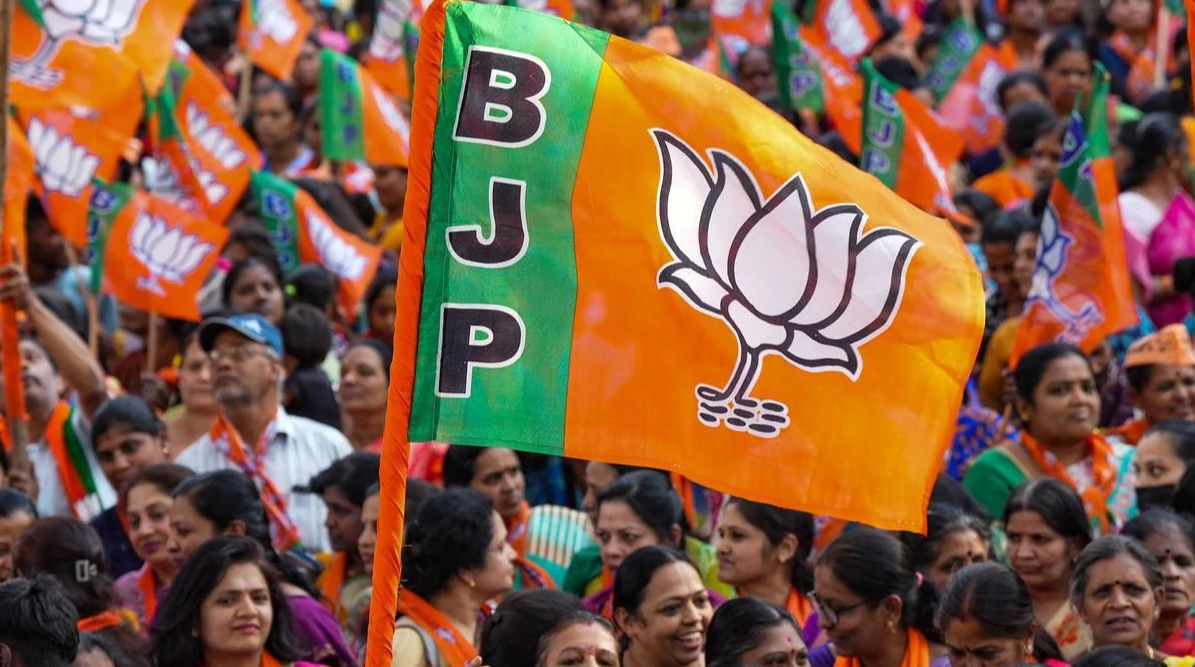
With 48 seats in the 70-member Delhi Legislative Assembly, the Bharatiya Janata Party (BJP) has made a stunning return to power in Delhi's National Capital Territory (NCT). The BJP last ruled the nation's capital in 1998, and this triumph put an end to their 27-year political drought. The Aam Aadmi Party (AAP), which had ruled for the previous ten years, suffered a serious setback, and its leadership, including Arvind Kejriwal, was severely damaged. By a margin of 4,089 votes, Kejriwal lost his seat in the New Delhi constituency to Parvesh Verma of the BJP.
Election Overview
-
Date of Election: 5th February 2025
-
Voter Turnout: 60.54%, with over 94.5 lakh voters casting their votes.
-
Vote Share:
-
BJP: 45.74%
-
AAP: 43.78%
-
Congress: 6.37%
-
NOTA: 0.57%
-
Final Seat Tally
-
BJP: 48 seats
-
AAP: 22 seats
-
Congress: 0 seats
BJP’s Resounding Victory
-
The BJP's victory in Delhi was a major shift compared to the previous assembly, where they had just won 8 seats.
-
The party has returned to power after almost 30 years of rule.
-
Voters, mainly middle-class voters, responded favorably to a vigorous campaign led by Prime Minister Modi, Amit Shah, and other key players, and they were important in determining the result.
AAP Faces Setback
-
After ruling Delhi for the previous 10 years, the Aam Aadmi Party (AAP) was unable to secure a fourth straight term.
-
In an unexpected turn of events, Parvesh Verma of the BJP defeated Arvind Kejriwal of the AAP for the seat of New Delhi. Saurabh Bharadwaj, Satyendra Jain, and Manish Sisodia were among the other well-known AAP leaders who also lost their support.
-
After the loss, Atishi Marlena was elected as the third female chief minister of Delhi in September 2024, retained her Kalakaji seat but resigned from the position of Chief Minister after the election results were declared
Congress Struggles
-
The Congress party failed to win any seats in the elections held in Delhi in 2025. This was the third consecutive year that the Congress has been trampled, as they had lost in both 2015 and 2020.
-
In 2025, their candidates lost their deposits in 67 out of 70 constituencies, showing how the party's popularity had further withered in Delhi.
Electoral Context
-
The 8th Delhi Legislative Assembly elections were held on 5th February 2025, amidst a tremor in the political tectonics of Delhi following Arvind Kejriwal's resignation in September 2024.
-
The election recorded a voter turnout of 60.54% as the electorate of Delhi went out to choose a new government after the term of the 7th assembly ended on 23rd February 2025.
-
Among the options this has provided for the Delhi electorate is obtaining the option of NOTA (None of the Above) which has been sanctioned since 2013 by the Supreme Court of India through an order of the Supreme Court of India.
Although receiving only 0.57%, it was a possible outlet for the Delhi electorate to express their dissatisfaction with the elections.
Political Consequences
-
This victory of the BJP reinstates not only the end of AAP but also imbues Modi's very own claim to leadership on a larger national stage.
-
The BJP's outstanding performance with a vote share of 45.74% shows that it could successfully consolidate support among varying demographic groups, particularly the emerging frontiers with the middle class, who have become increasingly critical of AAP's governance.
Historical Background: NCT of Delhi
-
Delhi, previously administered as a Union Territory without a legislative assembly, was constituted into a Legislative Assembly under the Government of National Capital Territory of Delhi Act 1991. The first elections for this assembly were held in 1993.
-
The term of the 7th Delhi Assembly is ending on 23rd February 2025, and consequently, a new government led by a BJP Chief Minister is expected to be sworn in soon thereafter.
-
There have been power tussles that have significantly affected Indian politics, either between large national parties or regional powerhouses such as AAP.
Conclusion
After 13 long years, BJP's victory in Delhi was a well-calibrated operation of strategic leadership, pinpointed policies, and synergistic efforts directed at whittling down AAP's dominance. Central to this success were a middle-class appeal, fragmentation of the opposition, and the unwavering Modi leadership. For AAP, this defeat has been a crushing blow to its national ambitions. For BJP, this win acts as a significant milestone in broadening its reach in India.




 Haryana Launches ‘Har Khet-Swasth Khet’ to Boost Soil Health
Haryana Launches ‘Har Khet-Swasth Khet’ to Boost Soil Health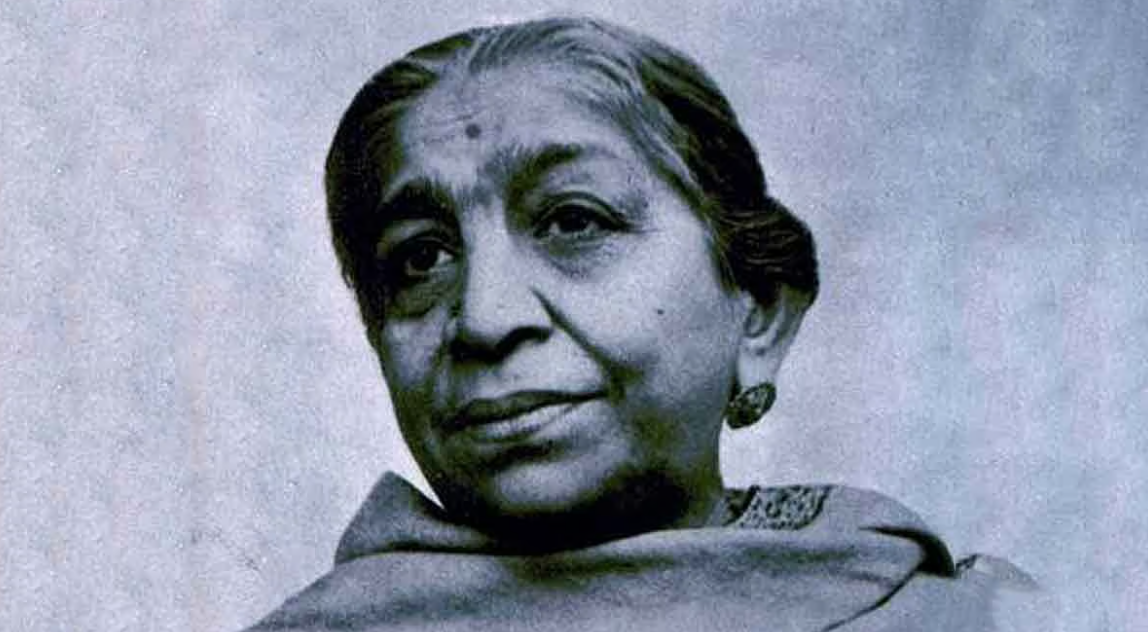 National Women’s Day 2025: Honoring Sarojini Naidu’s Legacy
National Women’s Day 2025: Honoring Sarojini Naidu’s Legacy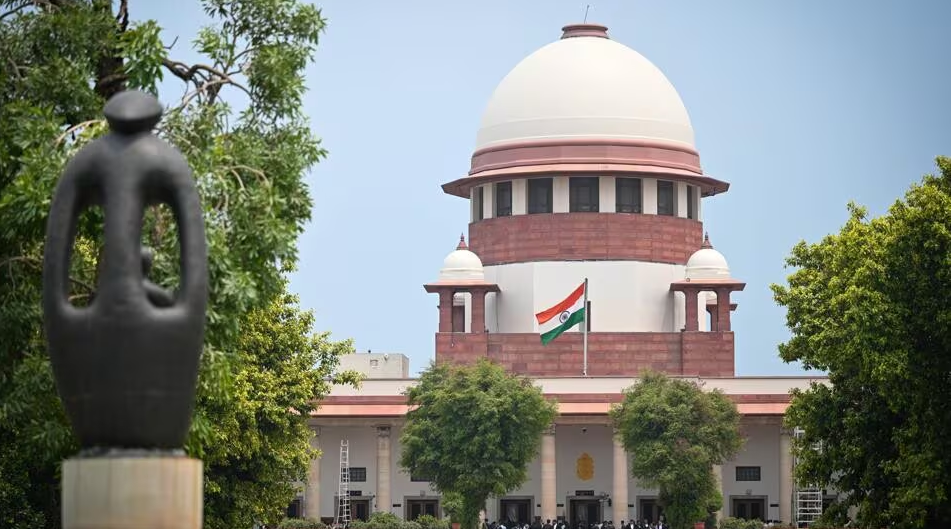 Supreme Court’s Stand on Election Ban for Convicted Politicians
Supreme Court’s Stand on Election Ban for Convicted Politicians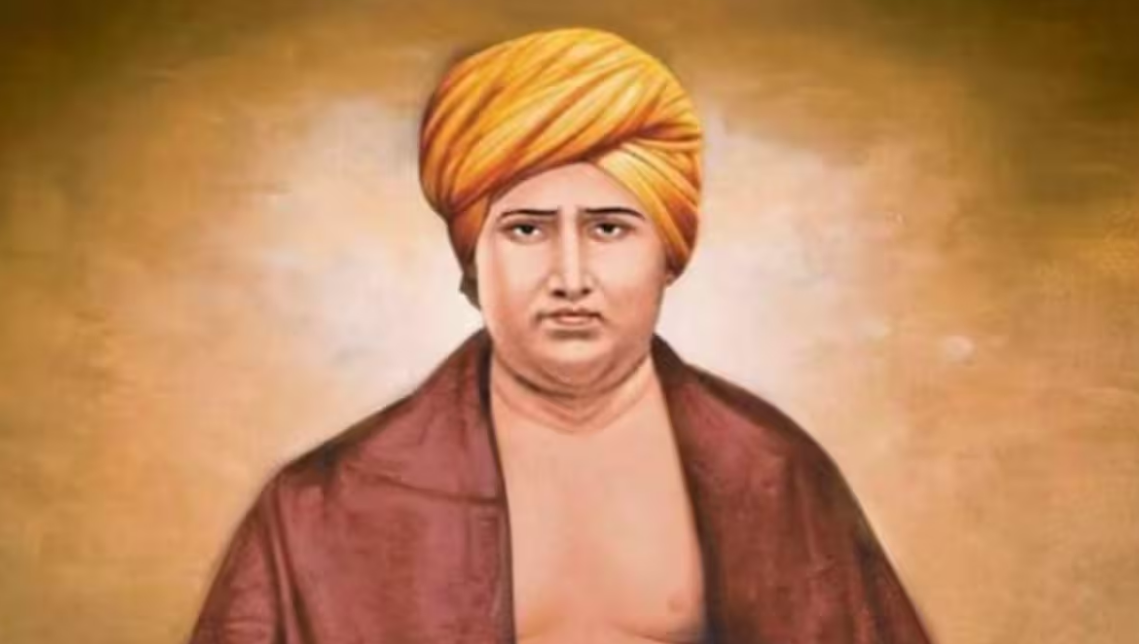 Maharshi Dayanand Saraswati’s 200th Birth Anniversary: Honoring His Legacy
Maharshi Dayanand Saraswati’s 200th Birth Anniversary: Honoring His Legacy India’s First Kidney Transplant for a Patient with Rare ‘Bombay’ Blood Group
India’s First Kidney Transplant for a Patient with Rare ‘Bombay’ Blood Group India Committed to Eliminating Lymphatic Filariasis by 2027: J.P. Nadda
India Committed to Eliminating Lymphatic Filariasis by 2027: J.P. Nadda Meghalaya High Court’s Action Against Assam Fertility Clinic
Meghalaya High Court’s Action Against Assam Fertility Clinic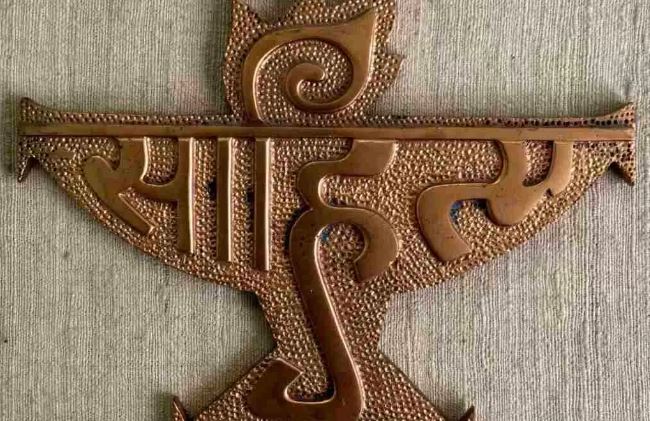 Late Chaman Arora was Honored with the Sahitya Akademi Award 2024 for Dogri Literature
Late Chaman Arora was Honored with the Sahitya Akademi Award 2024 for Dogri Literature N Biren Singh Resigns as Manipur CM Amidst Political Uncertainty
N Biren Singh Resigns as Manipur CM Amidst Political Uncertainty






